 LPD Doors
LPD Doors762 x 1981 x 44mm
Santandor Ivory Laminate Fire Door
£243.99 inc VAT
£203.33 ex VAT
 LPD Doors
LPD Doors762 x 1981 x 44mm
Textured Contemporary 4P White Fire Door
£116.85 inc VAT
£97.38 ex VAT
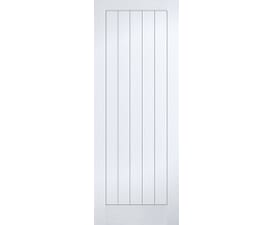 LPD Doors
LPD Doors762 x 1981 x 44mm
Textured Vertical 5P White Fire Door
£140.67 inc VAT
£117.23 ex VAT
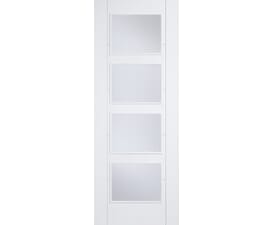 LPD Doors
LPD Doors762 x 1981 x 44mm
Vancouver White 4 Light - Clear Glass Fire Door
£601.31 inc VAT
£501.09 ex VAT
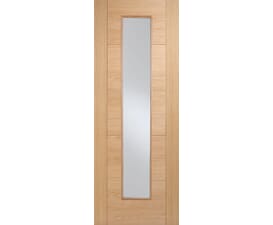 LPD Doors
LPD Doors762 x 1981 x 44mm
Vancouver Oak Long Light Glazed Fire Door
£480.00 inc VAT
£400.00 ex VAT
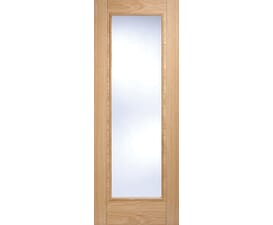 LPD Doors
LPD Doors762 x 1981 x 44mm
Vancouver Pattern 10 Oak - Clear Prefinished Fire Door
£625.73 inc VAT
£521.44 ex VAT
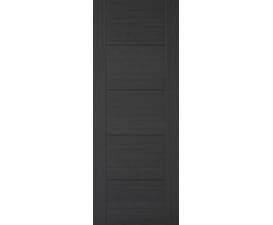 LPD Doors
LPD Doors762 x 1981 x 44mm
Vancouver Black - Prefinished Fire Door
£217.50 inc VAT
£181.25 ex VAT
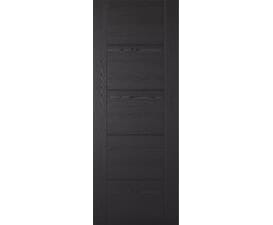 LPD Doors
LPD Doors762 x 1981 x 44mm
Vancouver Black Laminate Fire Door
£235.11 inc VAT
£195.93 ex VAT
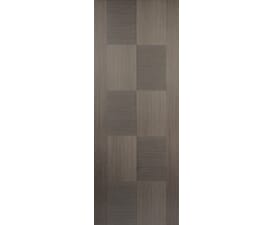 LPD Doors
LPD Doors762 x 1981 x 44mm
Apollo Choco Grey - Pre-Finished Fire Door
£268.00 inc VAT
£223.33 ex VAT
Fire safety is an essential aspect of building design, and one of the critical components in this regard is the fire door. These specialized doors are designed to resist the spread of fire and smoke, helping to safeguard the occupants of a building during a fire emergency. We offer a varied range from brands like Climadoor, Premdor and LPD Doors.
A 30-inch fire door refers to the width of the door, which is 30 inches. This dimension is a standard in many parts of the world for interior doors, including residential, commercial and industrial settings. Despite their average size, these doors serve a significant role in preventing the spread of fire within a building.
Fire doors are constructed from a variety of materials, including timber. These materials are chosen for their fire-resistance properties. A typical 30-inch fire door is usually equipped with an automatic closing device and is often required to have a minimum fire resistance rating, which can range from 20 minutes to 3 hours, depending on the building code regulations.
Fire doors play a vital role in fire safety by forming part of a building's passive fire protection system. They compartmentalize a building, helping to slow the spread of flames and smoke. This containment provides the occupants more time to evacuate safely and reduces property damage.
30-inch fire doors are particularly beneficial due to their size. They are wide enough to allow for easy passage of equipment and people, yet narrow enough to ensure an efficient seal against fire and smoke.
Another key feature is the automatic closing mechanism. In the event of a fire, it's not uncommon for people to forget to close doors in their rush to exit a building. An automatic closing mechanism ensures the door closes, even if people forget, thus maintaining the fire barrier.
When we say a 30 inch fire door, we are referring to the door slab's width, 762mm in metric. The actual measurements, however, can be slightly less due to manufacturing tolerances and the gap allowed for smooth operation.
To measure a fire door, you'll need to take into account three dimensions: the width, the height, and the thickness. The width is measured across the door, from one side to the other. The height is the measurement from the bottom of the door to the top. The thickness is measured by the door's depth.
Remember, it's important to ensure that the door fits snugly into its frame with only a small gap to allow for smooth operation. Too large a gap can compromise the fire-resistant properties of the door.
Fire doors require regular maintenance to ensure they remain effective. Annual inspections for fire doors are recommended. Some elements to be considered during inspection include:
Browse the extensive range of internal fire doors at Vivid Doors and transform your home into a safer environment.
Questions about 30 Inch Fire Doors
Fire doors are special doors that are designed to prevent the spread of fire and smoke. They are typically made of materials that can withstand high temperatures and are equipped with devices like fire-resistant seals and hinges to prevent the passage of fire and smoke. Fire doors are an important part of any building's fire safety plan and are required in many commercial and public buildings.
Whats The Difference Between Intumescent Strips And Smoke Seals
A fire door is specially designed to keep a blaze at bay for a minimum of 30 minutes. In residential buildings, this is usually ample time for the household to evacuate the buildin...
